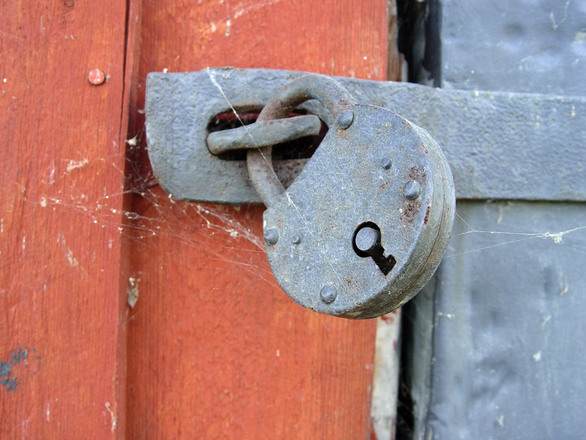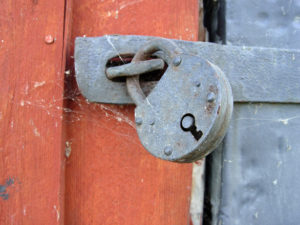- When do you typically pay landlords the rents collected?
Why is this important? Remember that the property manager has a fiduciary duty to manage your money. Knowing how long the manager waits between collecting rents and giving them over to you helps with your own business budgeting (because owning rental income properties is a business). Don’t schedule to pay a bill on the 5th of the month if the collected rents will only be available in your account on the 10th. Also, beware any manager who holds onto the rents longer than is truly necessary. Typically rents should be paid to you before the 10th business day of the month.
- How do you pay rents collected?
Why is this important? It is infinitely more efficient and faster to have rents direct deposited into your bank account, than it is to have to wait for a check. However, the answer to this question will let you know if the method you wish to conduct your business is even available to you. Some managers may not send out checks, doing everything electronically and you may prefer a check. In addition, some methods of payment may incur a “service fee” which you will need to budget for and which you will definitely want to know, up front when you are still comparing your property manager options.
- How do you handle tenant emergencies?
Why is this important? Income property owners need the dependability of long-term tenants in their properties. Each time a property is vacant, that represents lost income for the duration of the vacancy. Property managers who handle tenant emergencies well and who have access to repair people who can make emergency repairs as well as normally occurring ones timely and pleasantly are more likely to attract and keep the types of tenants an income property owner needs. It is important that any property manager you hire knows that there is a correlation between how responsive the manager is to the tenant when there are issues at the property and how likely the tenant is to renew a lease.
- What is the eviction process in this state for tenants who don’t pay their rent and how long does it take to evict a non-paying tenant?
Why is this important. No matter how great your property manager is, or even how great you are as an income property owner, evictions will happen. They are greatly minimized with an excellent property manager, but even the best of managers cannot predict life events that sadly may put a tenant into a situation where rental payments are not made. It is good for your business planning to know the eviction process occurs and how long it might take from the date eviction proceedings are started, till the property is returned to you so it can be rented out again. Unfortunately, in some states, the eviction process is very lengthy and a tenant can stay in a property for up to a year, without making a single rent payment. Knowing this, lets you plan for perhaps needing to make mortgage payments and property tax payments from your own funds, instead of rental income funds, for the duration of the eviction process.
Knowing the eviction process and in particular how your property manager handles that process also lets you know if the property manager is willing to both file an unlawful detainer action on your behalf and appear in court on the matter, or if you need to do that. This is particularly important to know if you have an out-of-state income property that is being managed, because if your property manager will not file the matter for you, or appear in court on your behalf, you will need to travel to that state for each hearing. There are often several hearings on an unlawful detainer action after it has been filed.
Photo Credit: Copyright, Michaeljung



 Home maintenance is a huge responsibility that tenants and landlords have to worry about at some point in time. There are very few things on this earth that are meant to stay in pristine condition forever, and as such, maintenance plays a huge role in determining the longevity of any product, including locks. Some landlords install new locks on apartment doors and do not ever worry about replacing them until the lock is damaged to the point that a tenant is locked out of their home. The act of replacing door locks is one that should be undertaken every few years, but sometimes landlords and tenants are not sure what they need to look out for when it comes to replacing their locks. This is not a big problem at all, we are always here to help. Let’s take a look at some of the signs that it might be time for you to replace your locks.
Home maintenance is a huge responsibility that tenants and landlords have to worry about at some point in time. There are very few things on this earth that are meant to stay in pristine condition forever, and as such, maintenance plays a huge role in determining the longevity of any product, including locks. Some landlords install new locks on apartment doors and do not ever worry about replacing them until the lock is damaged to the point that a tenant is locked out of their home. The act of replacing door locks is one that should be undertaken every few years, but sometimes landlords and tenants are not sure what they need to look out for when it comes to replacing their locks. This is not a big problem at all, we are always here to help. Let’s take a look at some of the signs that it might be time for you to replace your locks. 10. Do you charge a leasing fee?
10. Do you charge a leasing fee? 7. Have you or any of your staff been charged with a crime or felony related to the management of other people’s money or any money-related crime? Has any property management company you have owned or work for ever filed for bankruptcy?
7. Have you or any of your staff been charged with a crime or felony related to the management of other people’s money or any money-related crime? Has any property management company you have owned or work for ever filed for bankruptcy?




